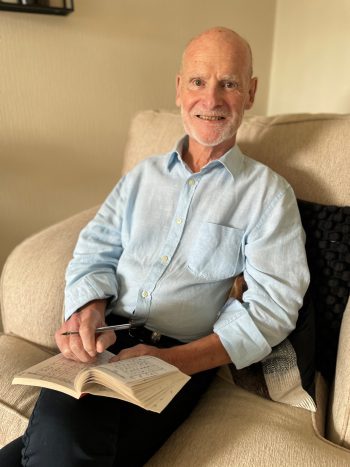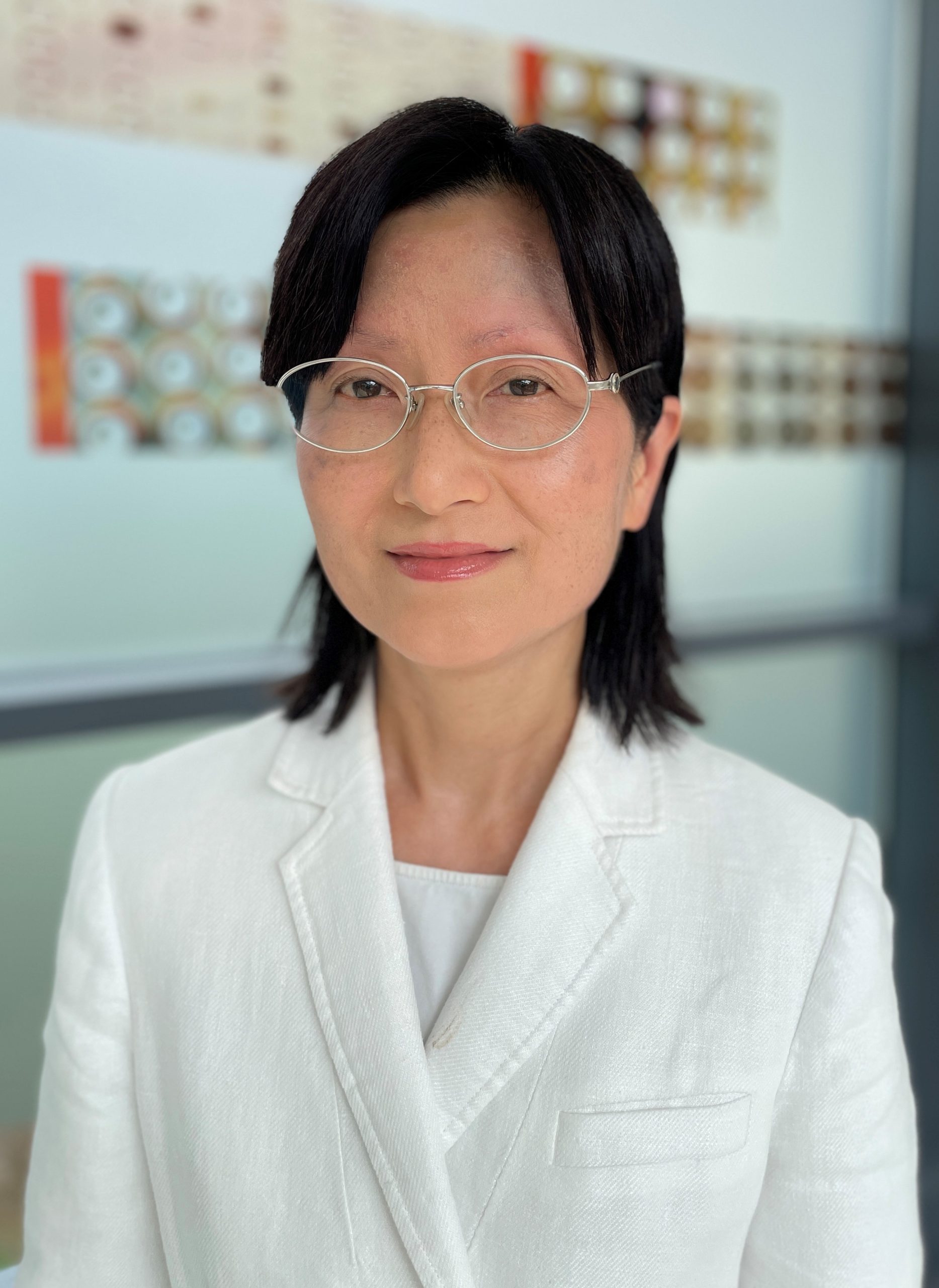
“I am determined to fight this.” Diagnosed with Mantle Cell Lymphoma, a rare type of aggressive blood cancer in 2015, former Ulster Rugby referee and Bangor man Brian Lyle, is determined to raise awareness and give hope to others as he shares his story as part of Blood Cancer Awareness month.
Through the care and expertise of the Haemato-Oncology Team at the Ulster Hospital, Brian has successfully fought the disease on four occasions. Following a recent infection and hospital stay however, Brian has learned that his Mantle Cell Lymphoma has returned once again.
His Consultant Haematologist, Dr Yong Lee Ong, recommended a pioneering treatment called CAR T-Cell Therapy that uses a patient’s own immune cells (T lymphocytes) to fight certain cancers and autoimmune diseases. By harnessing and reprogramming a patient’s own T cells, this approach offers a new option for patients who have not responded to conventional treatment.
A patient’s T cells are subsequently collected and sent to a laboratory to change the T cells to become CAR T-cells. The CAR T – cells are then injected back into the patients’ bloodstream which then recognise and attack the cancer cells.
Brian has attended his first appointment in the Freeman Hospital in Newcastle-Upon Tyne to have T-cells in his blood harvested. These cells are now being processed in a specialist laboratory in Amsterdam and will be reintroduced into his body in the weeks ahead.
Brian shared that he is hopeful this revolutionary treatment will offer him a fresh chance at recovery.
Reflecting on his diagnosis in 2015, Brian recalled, “My wife and I were on holiday in Thailand when I became completely debilitated, I just wanted to sleep all the time, I had a sore throat and swollen glands. My wife encouraged me to see my GP as she knew something was not right. I was referred to A&E and then to Dr Ong for further tests. A few weeks later, she broke the news that I had Mantle Cell Lymphoma and would need Chemotherapy. I was in shock, but I knew I had to fight.”
Brian underwent an intensive course of chemotherapy, followed by a stem cell transplant in 2016. Further scans confirmed the cancer had gone into remission, but in 2018, he became unwell again. A call to the Macmillan Unit helpline at the Ulster Hospital led to further tests, where Dr Ong confirmed his Lymphoma had returned.
Brian described being “devastated” when he realised the lymphoma will decrease his normal life-expectancy.
In early 2019, Brian began treatment with a drug called Ibrutinib, which he described as a “wonder drug”. Brian said, “Within two to three days, the swelling in my lymph nodes disappeared; it kept my cancer at bay for several years.”
In July 2025 biopsies confirmed the return of his Mantle Cell Lymphoma indicating that Ibrutinib was no longer effective. It was at this stage when Dr Ong suggested CAR T-Cell Therapy as the next step.
Brian’s Mantle Cell Lymphoma journey highlights the vital importance of awareness and early detection.
“I have been through so much, but when Dr Ong suggested CAR T-Cell Therapy, I tried to get my head around it but knew I had to give it a try. I have just had my T-cells harvested in Newcastle and they are now being processed in Amsterdam. It is daunting going to England for treatment, but I am really hoping that this therapy makes a difference. Dr Ong and the Macmillan Unit staff have simply been amazing.
“I can’t thank them enough.”
Dr Ong praised Brian’s strength and highlighted the importance of early diagnosis stating, “Patients with Lymphoma normally present with enlarged lymph nodes around the neck, under the arm or in the groin. They may also develop what are known as ‘B symptoms’ – these are significant unexplained weight loss, night sweats and persistent fever. CT imaging can reveal enlarged lymph nodes inside the body, but to make a diagnosis, a biopsy is essential. If anyone is worried about persistent, enlarged nodes, they should contact their GP to get checked out as early referral is crucial.”




